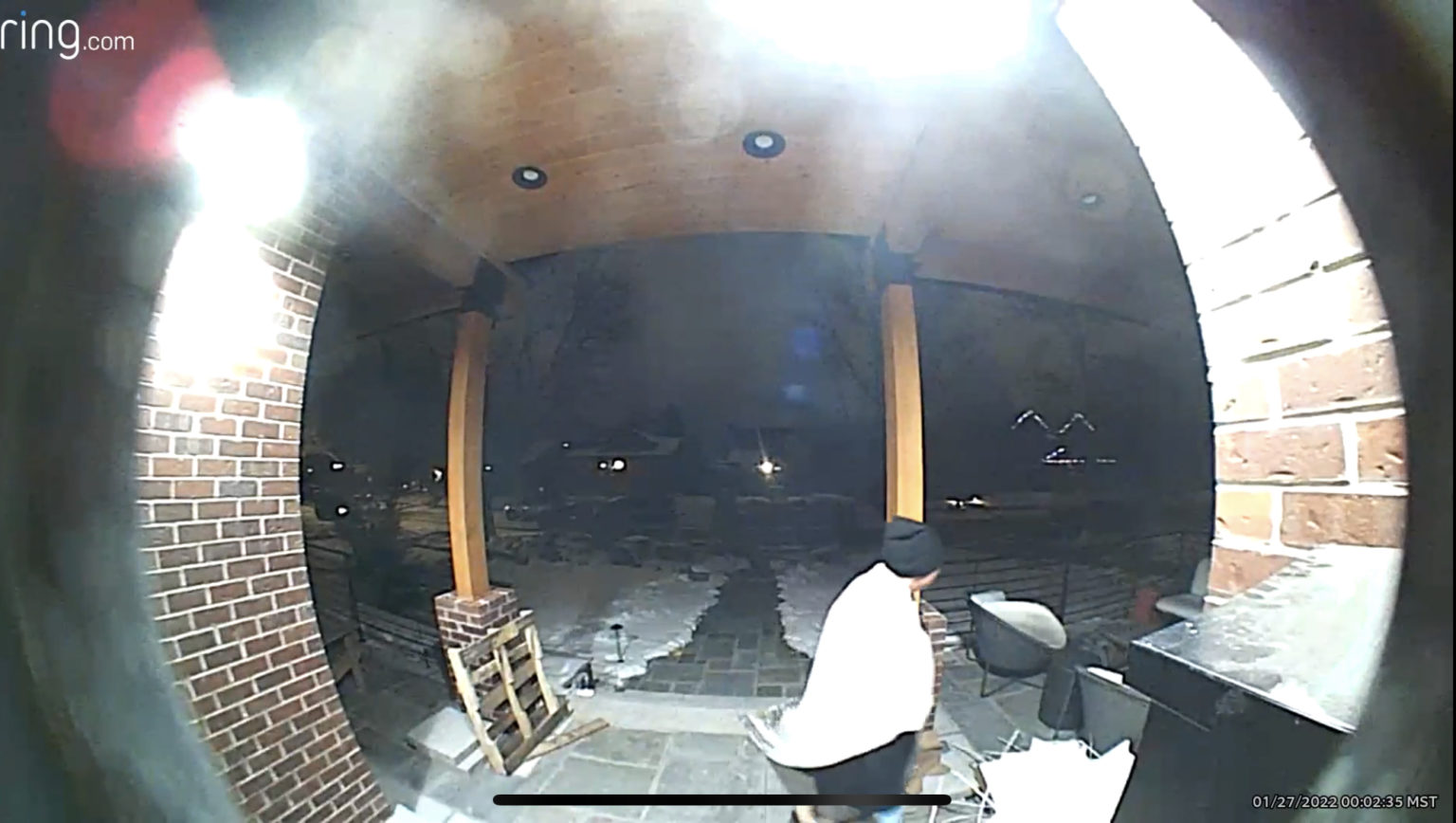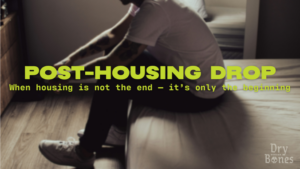My favorite college Sociology professor once taught us about a reaction he coined, “The Herbert Factor.”
His student (and my friend) Keely Herbert was in his class quietly flipping through her Sociology text book instead of listening to the lecture. She opened to a page where she read a disturbing headline about the mistreatment of women in another part of the world. She shrieked and gasped loudly, covered her mouth, and dropped her book. The entire class turned to look at her. Her reaction was physiologically automatic and uncontrolled. She couldn’t hold it in.
Dr. Trevathan stopped the class and said, “Ms Herbert, is everything ok? You have something you need to talk about?”
With tear-filled eyes, Keely shared what she had seen in the textbook. She expressed emotion and empathy that soon spread across the entire class. She was disturbed and moved, and everyone else joined her heart space in that moment.
Dr. Trevathan was impressed by her reaction. He talked about how Keely had not yet learned to tame an automatic control response; how he hoped she never would. She should continue to allow her soul to react whenever she encounters injustice for the rest of her life. “React out loud! Make a noise! Let your heart be troubled! Our shock response tells us there’s something wrong happening and we should pay attention.”
He shared how shock followed by calmed empathy becomes a catalyst that moves us to act and invites others to see and to join. “We do not need to desensitize that response. So many adults train this response right out of their lives. But, oh how I love the Herbert Factor when I see it!” said Dr. T.
The Herbert Factor is quite different from a hasty temper. And it’s not about expressing shock for the sole purpose of drawing attention to yourself or your cause. The Herbert Factor is a reflex.
I never forgot this lesson and I’ve noticed the “Herbert Factor” countless times over the past 20-something years. I’ve tried to exercise my own Herbert Factor muscle so that it doesn’t shrink away.
I witnessed the Herbert Factor just this morning when I received another one of those disturbing Ring App notifications on my iPhone. These notices are most often about a stolen UPS package, car, or lawn gnome. There are the ones asking if anyone else heard “a loud noise.” Occasionally, the notice will be about “the annoying homeless person that walked through my gate.”
I try my best to ignore the posts as they stir all sorts of mixed emotions in my spirit, but it seems I can’t not look. (They sure trigger a response in me.)
The comments are the worst as they express the vitriol and abhorrence for the unhoused that exists just below the surface of the city. I find the posts disturbingly informative as these reports become a venue for people to anonymously spew their disdain – which is also contagious. It gives permission to others to join in, express, and grow animosity.
This morning’s notification was titled, “Homeless girl on my porch.”
Of course I had to look! Maybe I would even know her.
“Neighbor 1’s” post started, “A woman, who appears to be homeless, was checking out a large empty box on my front porch…”
I roll my eyes. Here we go again.
Neighbor 1 continues, “…I think she was hoping to use the box for temporary warmth. We need to do better. If you see her, she may need to know about shelters. Breaks my heart. Wish I had been awake when she visited.”
The Herbert Factor! Her heart was touched and she reacted out loud. She felt a desire to create something “better.” She shared her heart with the entire neighborhood.
The comments that followed joined Neighbor 1’s tone:
Neighbor 3: Thank you for teaching me empathy.
Neighbor 5: I appreciate your compassion.
Neighbor 6: My heart is broken too…
Neighbor 9: I wish more people viewed the world like you.
Not a single negative comment was made.
As you go about your life this week, be on the lookout for the Herbert Factor. See if you still have that reactionary muscle yourself. Find ways to stretch, exercise, and grow it. Encourage it in others.
If you feel safe and ready, don’t hold back your scream of shock followed by calm empathy. “React out loud! Make a noise! Let your heart be troubled!” Be the human that does not inhibit or look away from the heartbreak and the pain of others. Pay attention to the shriek of your spirit and let it silence the whole room. Others will then move forward with you in ways that might just create a better world.





